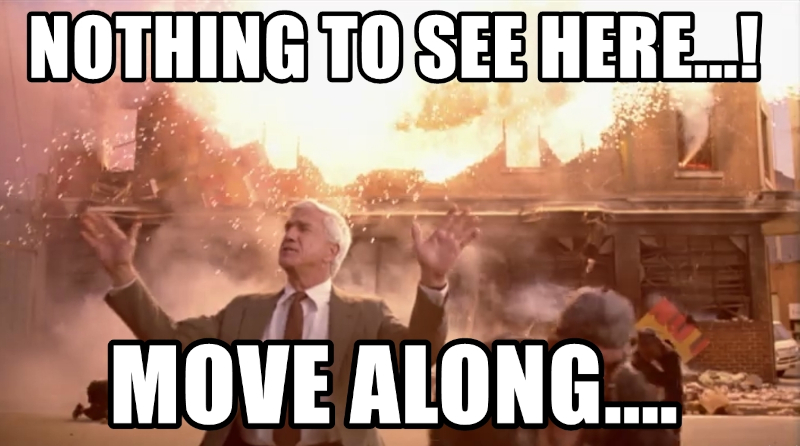Cynicism
People often don’t realise, but making silly comments (even in thought) about how your coworker’s plans for becoming an artist - or your friend’s efforts to do more recycling - are doomed to fail is probably not making you look cool, nor smart, not even to yourself. Behaving cynically, at best, just communicates pessimism. Typically, it will reinforce our own close-mindedness and put some strain on our relationships. Although harm to social life is already a pretty bad thing in itself, I’m more worried about the former effect, how harmful it is to our own way of thinking.
Cynic thoughts can happen in a variety of situations. Casually or formally, explicitly or subtly. We come across an idea we don’t particularly like, then, an impulse to dismiss it as silly, unimportant, appears in our minds. Deep inside we know there is more to it, but the impulse to hammer in a simplistic and incomplete response is stronger, so we add a tone of mockery to make it sound better. Soon, after several runs of the pattern, we have convinced ourselves of our own simplification.
In principle, there is nothing wrong with simplifying concepts for better accommodation in mind. However, cynicism intentionally twists them in favour of the most convenient aspects.
Wikipedia defines Cynicism (contemporary) as
an attitude characterized by a general distrust of ‘others’ motives
and that
a cynic may have a general lack of faith or hope in people motivated by ambition, desire, greed, gratification, materialism, goals, and opinions that a cynic perceives as vain, unobtainable, or ultimately meaningless and therefore deserving of ridicule or admonishment.
As to why people resort to cynicism is not completely clear, some indications are mentioned in the article. I can see how facing a lot of perceived unfairness in life can lead one to develop a cynic reflex. It could be some sort of coping mechanism. Dysfunctional families, communities and societies are, apparently, fertile ground for it. It is also not surprising that cynicism appears to be more active in depression.
Intuitively, cynicism seems like a protection against putting our model of the world to test when confronted with concepts that might challenge it. At the same time, it’s a way to discourage their further examination.

Where I grew up cynic attitudes were commonplace. Later, when experiencing lower cynicism environments, I realised how much more learning can happen out of conversations. The lack of cynicism seems to naturally allow for deeper exploration of any idea. This makes social environments - like companies, families, groups of friends, etc - facing high cynicism crippled in their capability of reaching good solutions to their shared problems. Though certainly it’s too much of a stretch to single out cynicism as the sole culprit for this, from experience, cynicism appears to be an issue in most chronically dysfunctional social environments.
It may not be straightforward to find out why and how cynicism occurs. However, if it shows up too often in our interactions, this seems to indicate that something might not be so great with our model of the world. If you are able to notice it in yourself and feel compelled to avoid it, you might be doing yourself and those you interact a favour.